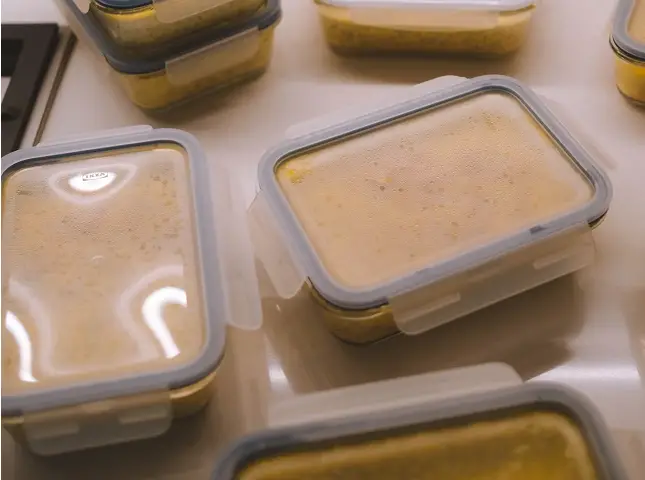Despite Tupperware Brands Corp warning it could go under, investors are still flocking to the stock, triggering a surprising rally in what some are likening to a meme-stock craze.
Over the past two weeks, the plastic food storage container company has seen its shares soar 768% as retail investors have been buying up shares, hitting short-sellers hard and sparking waves of enthusiasm across trading platforms.
The feeding frenzy is being cited as evidence that the meme-stock phenomenon, which caused heavily-shorted stocks like GameStop Corp to rally in 2021, and which ultimately crashed hedge fund Melvin Capital, is still alive and thriving. Since July 21st, when the company’s total market capitalization stood at $40 million, retail traders have bought $15 million in Tupperware stock, according to data from Vanda Securities. Since then, the value of the stock has increased nearly six-fold, to $239 million.
The company’s ticker was trending in the trader chatroom Stocktwits, and it had a rapidly growing number of mentions on the WallStreetBets forum on Reddit as the stock price took off.
All of this occurred in spite of the company having warned investors since April that its ability to continue as a going concern is in doubt, and it is engaging financial advisors in an effort to explore options. It had discovered a material weakness in its internal controls in March which had cause it to restate prior results.
The company reported reaching a waiver agreement with some creditors, however it still forecast that it would have insufficient liquidity to satisfy a July interest payment.
The company had enjoyed a minor boom during the pandemic, when customers eating at home fueled demand for its products. However the increased demand was short-lived, and since its January 2021 peak, the share price has fallen 97% over two and a half years.
Data from analytics firm S3 Partners has shown that the recent rally has cost short-sellers about $37 million in paper losses within the past month, as the price to short shares grew ten-fold.
Still data shows that as the stock has surged, short-sellers only see a bigger opportunity, with about 30% of shares available for trading presently sold short. That is the highest level in over a year, and an increase from November when that figure sat at 10%.
The increasing interest in shorting the stock combined with the fact such bets are now more expensive indicates Wall Street suspects the stock’s move upward will be short lived.
In New York on Tuesday, Tupperware shares rallied to $5.38, for the stock’s best closing price since November.

